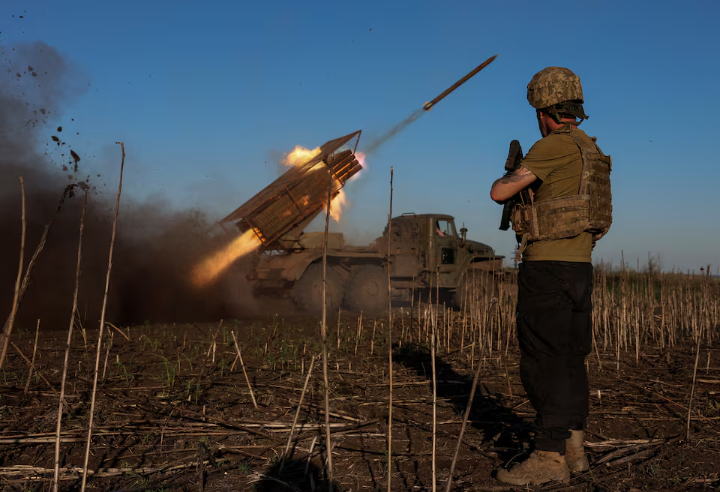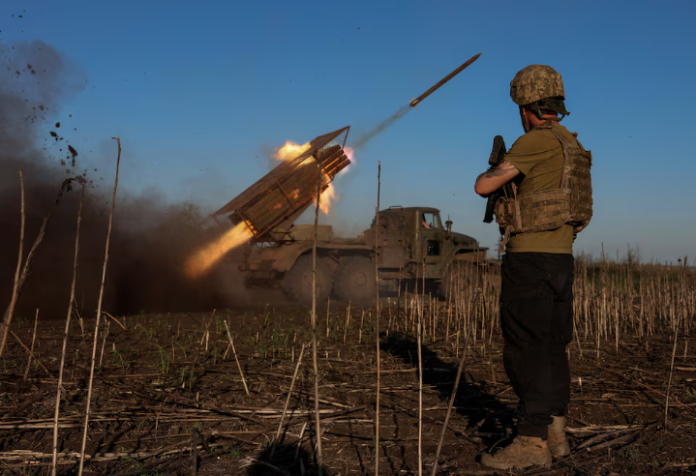In a diplomatic gathering that’s already being called a disappointment, top U.S., Ukrainian, and European officials met in London this week to discuss potential resolutions to the ongoing war between Ukraine and Russia. However, hopes for a meaningful breakthrough were dashed as key figures pulled out, and major disagreements resurfaced.
Originally expected to be a high-level meeting including foreign ministers from the U.S., Britain, France, Germany, and Ukraine, the summit was downgraded to technical discussions after U.S. Secretary of State Marco Rubio abruptly canceled his visit. Sources revealed that Rubio was concerned Ukraine might adopt a more rigid stance, which could halt any progress.
This scaled-back summit followed similar talks in Paris just a week ago, where American, European, and Ukrainian officials attempted to align their goals and find common ground. While the U.S. administration, under President Donald Trump, has been pushing for a ceasefire agreement, serious obstacles remain—chief among them, Russia’s ongoing occupation of Crimea and its demands for the lifting of European Union sanctions before any deal is finalized.
President Trump has made it clear: without progress, the U.S. could walk away from peace negotiations. Over the weekend, he publicly urged Moscow and Kyiv to come to an agreement soon, saying he hoped for a deal by the end of the week. Yet, diplomats close to the negotiations say the chances of that happening are slim to none.
British Foreign Secretary David Lammy, who held a last-minute call with Rubio, echoed the U.K.’s support for Trump’s peace initiative but emphasized that the next move must come from Russia. Prime Minister Keir Starmer’s office noted, “We clearly support President Trump’s attempts to bring peace and Ukraine’s call for Russia to commit to a full ceasefire.”
While Trump’s envoy, Steve Witkoff, wasn’t part of the London talks, he is set to meet Russian President Vladimir Putin in Russia later this week, according to the White House. Meanwhile, General Keith Kellogg, Trump’s Ukraine envoy, remained in London to continue the discussions.

However, insiders say divisions are deep. One controversial U.S. proposal—recognizing Russia’s annexation of Crimea—is a complete non-starter for both Europe and Ukraine. Another sticking point is Russia’s demand for sanctions to be lifted even before peace terms are finalized.
In a symbolic move to restore control over Ukrainian infrastructure, President Volodymyr Zelenskiy expressed readiness to collaborate with the U.S. to rebuild the Zaporizhzhia nuclear power plant, currently in Russian hands.
Despite President Trump’s ambitions to end the war by May, many European leaders are skeptical. They worry that his softer stance toward Moscow could undermine long-term peace and stability in the region. Since taking office, Trump has reversed several Biden-era sanctions and pressured Ukraine to agree to a ceasefire that some fear might benefit Russia more than peace.
As the diplomatic dance continues, one thing is clear: any meaningful resolution will require not just bold proposals but the political will to navigate a web of complex and conflicting interests. For now, the world watches and waits.



